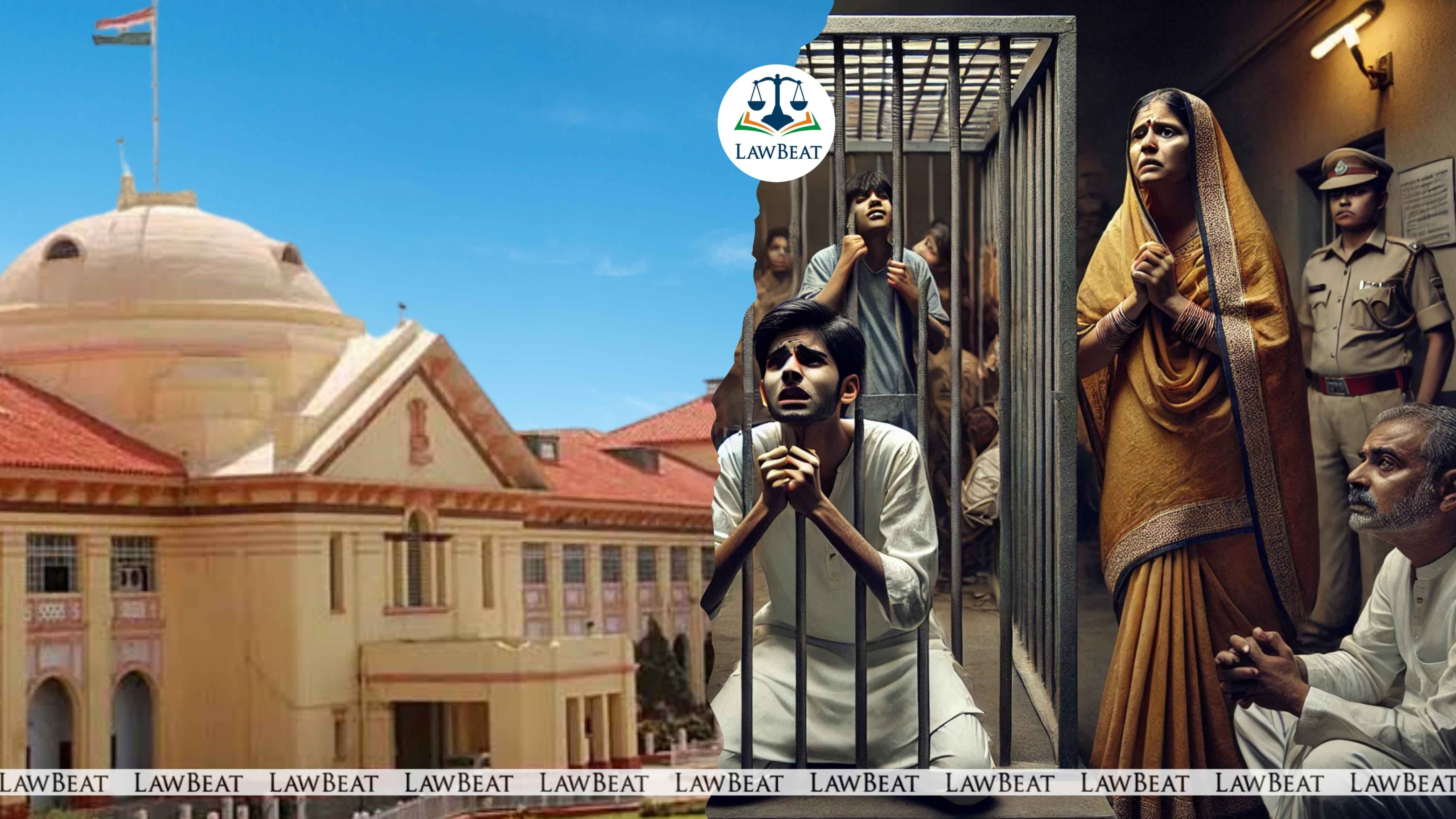Family Best Institution for Child’s Welfare and Rehabilitation: Patna HC Grants Bail to Juvenile in Murder Case

“Who can think and act better than the parents of the child about the welfare of the child?,” the court questioned
The Patna High Court, while setting aside the order refusing bail to a juvenile accused in a murder case, emphasised that institutionalization of a juvenile in conflict with law should be the last resort and that a child’s family is the primary institution for rehabilitation and reintegration.
The court, presided over by Justice Jitendra Kumar, observed: “family has been considered as the best and most desirable institution for ensuring welfare and rehabilitation of the child.” The court held that refusal of bail to the juvenile petitioner was not justified, stating that “the release of the Petitioner on bail could have served and promoted the ends of justice better than detaining the Petitioner in the observation home.”
The case originated from the murder of Rahul Kumar on July 19, 2022. The deceased allegedly received a call from Golu Kumar before being found unconscious and bleeding. He succumbed to his injuries during treatment. The informant accused Amit Kumar Pandey alias Golu and the juvenile petitioner, Biswajit Kumar Pandey alias Lalu Kumar, of conspiring and executing the murder by shooting.
The Social Investigation Report submitted by the Probation Officer noted that while the petitioner’s family had no criminal background and maintained a healthy environment, his association with friends of doubtful character influenced his behaviour negatively.
However, the Juvenile Justice Board (JJB), and subsequently the Special Children Court, denied bail to the petitioner, citing risks of re-involvement in crime, potential exposure to harm, and concerns that his release might defeat the ends of justice. Aggrieved by the order, the petitioner approached the Special Children Court, which also rejected his appeal.
The petitioner then moved the High Court arguing that the denial of bail was based on surmises and conjecture and was not sustainable in the eyes of law. It was also contended that the Special Court has erroneously dismissed the appeal on irrelevant consideration.
The High Court, highlighting Section 12 of the JJ Act, 2015, observed that granting bail to juveniles is a rule, and refusal is an exception. The court further underscored that the said provision takes precedence over the bail provisions under the Criminal Procedure Code, 1973, or any other prevailing law. It further observed that neither the seriousness of the alleged offence nor the age of the juvenile is a valid ground for denying bail under Section 12 of the J.J. Act. Even juveniles aged 16 years or above, accused of committing heinous offences, are entitled to bail under this provision.
The court further highlighted that Section 12 aligns with the core objective of the J.J. Act which does not prioritise punishment but social reintegration of juveniles “so that the child is re-united with his family at the earliest opportunity and the protection, development, reformation and rehabilitation of the child is ensured.”
The court emphasised that while dealing with juvenile offenders courts are required to adopt a different approach aligned with the Juvenile Justice (JJ) Act and juveniles cannot be expected to be treated as adult offenders. “All Courts are required to deal with juvenile in conflict with law with all sensibility and responsibility keeping in mind the object of the J.J. Act to reform and rehabilitate the child, so that he can become a responsible and productive member of the society. The society would get ruined if such children are dealt with punitive and not reformatory approach,” it stated.
Finding that the Social Investigation Report by the Probation Officer did not indicate a criminal background within the petitioner's immediate family. The court observed that there was no material on record to show that on release on bail, the petitioner may come into contact with criminals or flee away.
Rejecting the Special Court's view that bail was not in the juvenile’s best interest, the High Court expressed: “Reformation, development, reintegration and rehabilitation of the child is the main object of the Act and family of the petitioner is considered better than any other institution to take care and protection of the child to ensure his development and rehabilitation. Who can think and act better than the parents of the child about the welfare of the child?”
Consequently, the court directed the petitioner’s release on bail.
Cause Title: Biswajit Kumar Pandey @ Lalu Kumar vs The State of Bihar [CRIMINAL REVISION No.617 of 2024]
Appearance : For the Petitioner- Advocate Rabindra Prasad Singh; For the State- APP Chandra Sen Prasad Singh
